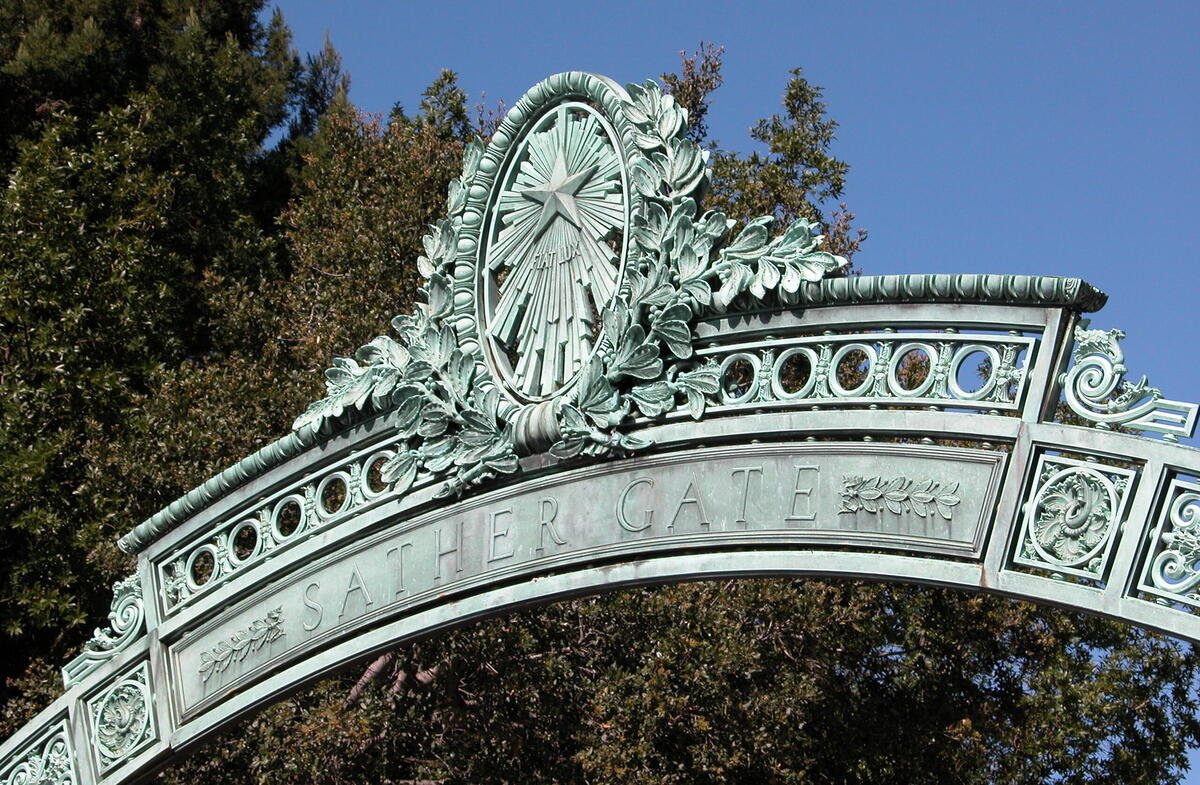
Photo by Steve McConnell
UC Berkeley’s new Life Sciences Entrepreneurship Center Provides Company Start-Up and Launch Support to Berkeley’s Life Sciences Innovators
The University of California, Berkeley is excited to announce the launch of the Life Sciences Entrepreneurship Center (LSEC). The Center was established to foster the creation of innovative and transformative life sciences companies for the betterment of society and the Berkeley campus life sciences community. LSEC is designed to complement and catalyze the many existing resources of Berkeley’s innovation and entrepreneurship ecosystem, not compete with them.
UC Berkeley ranks second in the world at producing venture-funded startups, ahead of MIT, Harvard, and Penn, and a close second to Stanford. (Pitchbook(link is external)). Much of this success is due to Berkeley’s superpower resources in life sciences entrepreneurship. These include the recently announced(link is external) Bakar BioEnginuity Hub(link is external) (BBH) and Bakar Labs(link is external) opening on campus this fall, the preeminence of the Innovative Genomics Institute(link is external) (IGI) founded by Berkeley professor and Nobel laureate Jennifer Doudna, the California Institute for Quantitative Biosciences(link is external) (QB3), and the Bio Track(link is external) at Berkeley SkyDeck(link is external), which ranks in the top five for university startup accelerators. (For a comprehensive list, see begin.berkeley.edu(link is external).)
Another campus resource is the groundbreaking Robinson Life Science, Business, and Entrepreneurship(link is external)(link is external)(link is external)(link is external) (LSBE) dual science and business degree program for undergraduates, which was enabled by a generous gift(link is external)(link is external) from Berkeley alumni Mark and Stephanie Robinson. This gift, with additional support from alumnus and adjunct Professor David Kirn and his wife Kristin Ahlquist, also created the LSEC, which builds upon the student-supporting framework established by the dual-degree program. Mr. Robinson and Dr. Kirn have agreed to join the LSEC’s Board of Directors.

UC Berkeley professor and director of QB3-Berkeley David Schaffer adds: “The formation of the LSEC presents an exciting opportunity to amplify the effectiveness of our entrepreneurship programming across the campus.”
Building the LSEC is Executive Director Darren Cooke, a life sciences attorney, investor, and entrepreneurship instructor for the National Institutes of Health, National Science Foundation, and Berkeley’s Haas School of Business. In 2018 he helped found and then chaired the Bio Track at Berkeley SkyDeck. Under his tenure, the Bio Track grew from 15 to over 60 dedicated industry expert advisors and saw the semi-annual applicant pool quadruple with ever stronger biotech and healthtech startups. “Overseeing seven SkyDeck Bio Track cohorts has given me a view into the amazing resources we have at Berkeley, and also illuminated the opportunities for us to support our budding founders,” he said.
The Life Sciences Entrepreneurship Center advances Berkeley’s mission to foster innovation for societal benefit by providing a first stop for Berkeley’s community of life science innovators, from undergraduate students to postdocs and faculty, curious about the path of moving from concept to company. With its connection to the LSBE dual-degree program, LSEC is a natural feeder of early-stage companies to BBH and other substantial ecosystem elements. It will share educational programming across Berkeley’s existing institutes, accelerators, and programs. It will also promote Berkeley bio-entrepreneurship through competitions and showcases, and will be a portal for life-science internship and mentoring opportunities.
“The LSEC is a distinctive resource for Berkeley life science innovators and changemakers interested in kicking off their entrepreneurial journey -- entrepreneurs in the making,” says Rich Lyons, UC Berkeley’s Chief Innovation and Entrepreneurship Officer, and the LSEC’s faculty director. “It’s designed to complement existing life-science entrepreneurship resources, not compete or duplicate.”
Amy Herr, Berkeley bioengineering professor and executive director of the Bakar BioEnginuity Hub (BBH), agrees: “Given the tremendous challenges facing humanity at this moment, I am proud to see UC Berkeley create valuable new resources to mobilize academic discoveries and inventions out into the world as commercially available solutions.”
